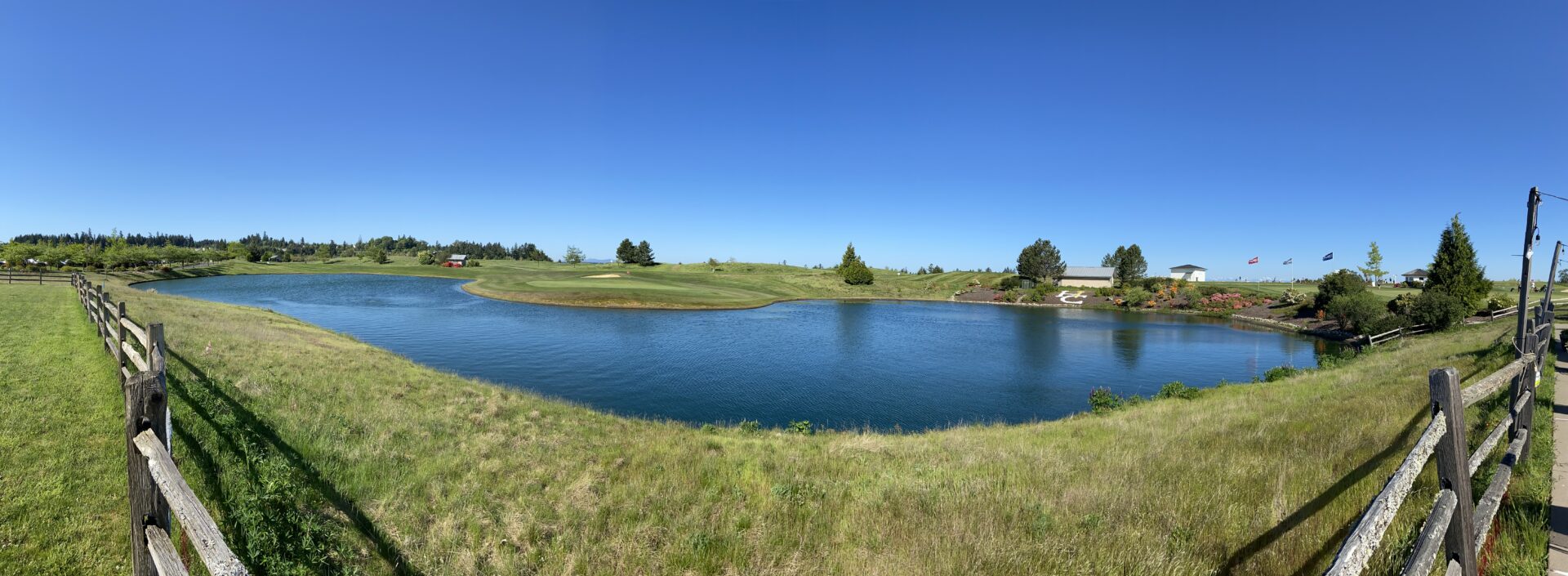3/28/25
Next month at the RBC Heritage, the PGA Tour will allow their players to use distance measuring devices, more commonly referred to as, rangefinders in an experiment on pace of play. Pace of play has always been a hot topic in golf, but specifically, in the last couple of years, the frequency and frustrations of that conversation have gone up. The conversation reached an apex when Dottie Pepper of CBS brought up slow play during The Farmers Insurance Open this year on the broadcast. That seldom happens, especially when a broadcaster voices their frustrations as clearly as Pepper did. It was admirable to go out on a limb and speak her feelings, and fans responded pretty positively, as their frustrations matched those of some members of the broadcast.
The PGA Tour responded by saying they will experiment with allowing range finders in six PGA Tour events, starting with the RBC Heritage and ending with the Truist Championship and ONEflight Myrtle Beach Classic, which ends the week before the PGA Championship. The PGA Championship allowed the use of rangefinders starting in 2021 and has allowed it ever since. This was also an effort to improve the pace of play, and the first and only major to allow the use of rangefinders.
Rangefinders would make determining distance more precise, which, in theory, would speed up play. Some caddies have argued that it devalues their job and takes away a big responsibility they have. Caddies do play an integral role in determining the distance for the player’s next shot. Most of that work is done before tournaments by walking the course or, for majors, taking trips to those courses to walk the course and gather as much information as possible. Yes, distance is an important calculation, but taking a quick look through a rangefinder, specifically when there’s been an errant shot hit before, can speed things up. They still would need to determine what club to hit, what type of shot to hit, how’s the lie, whether there are any obstructions, where’s the miss, etc. That’s just the tip of the iceberg of what goes into every single shot a professional hits.
If anything, the responsibility of a caddie would be even more significant with a rangefinder on the bag. Traditionally, caddies have a yardage book with all of their notes written down, which would still be valuable. The caddie would also be responsible for the rangefinder working properly, making sure extra batteries are in the bag to power the rangefinder, and, most importantly, not losing the rangefinder. Those of us who have played enough golf have either seen someone or lost their own rangefinder, and it’s very easy to do. The yardage book almost never leaves the caddie’s person, while rangefinders are almost always connected to the golf bag in its own holder.
The biggest question would be, does it help speed up play, or would it somehow add time? There would undoubtedly be caddies who refuse to use rangefinders and use their traditional ways that have been successful in the past. The old “if it ain’t broke, don’t fix it” philosophy is hard to argue against, especially if that caddie(s) have had lots of success in their career(s). Yardage books wouldn’t be obsolete, as notes and prior knowledge of courses are still going to be valuable, and at some courses like Augusta, more valuable.
Using a rangefinder should speed up play. However, that isn’t the sole reason why there’s slow play in professional golf. The bigger issue is some player’s pre-shot routines take up way too much time. It’s understandable to be meticulous when playing for millions of dollars, but some players take it too far. Distance is only part of the equation when determining what shot to play next. As mentioned above, there’s a multitude of variables that go into what shot should be played next, which is also time-consuming.
At the end of the day, rangefinders will help the players more but probably won’t speed up play much. There’d probably be minimal change in pace of play, and until those rules get enforced, players will take advantage of taking their time. Rangefinders also won’t devalue the role of a caddie, if anything, they’d be more valuable since their use of a rangefinder will be more precise than a very calculated estimation. The traditionalists won’t like it, but almost every golfer, recreational or professional, owns and uses a rangefinder.
Eventually, players will need to be penalized for playing slowly. Making excuses, cutting field sizes, and everything else the PGA Tour has done to allow this to get out of control is why we’re at this point. It needs to come to an end, and ironically, it’s taking quite some time for a viable solution.
www.elisportsnetwork.com















